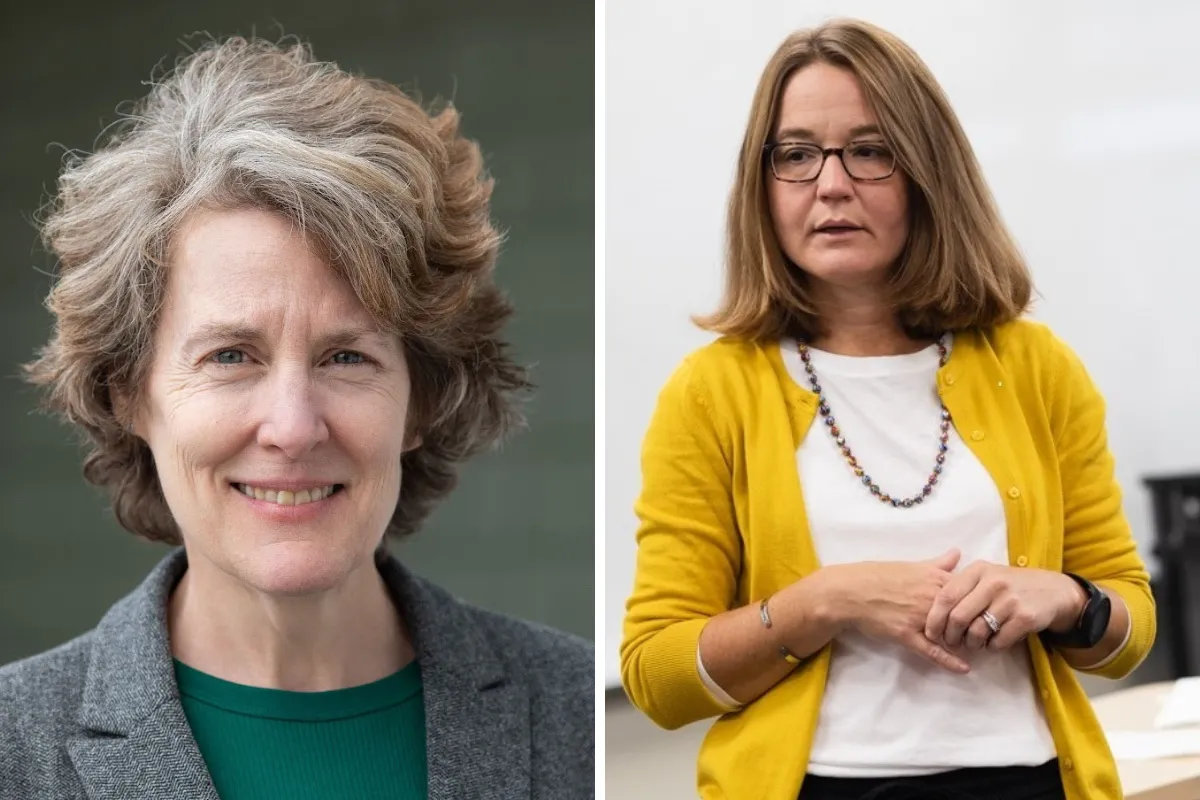End-of-life discussions are some of the most difficult, yet necessary, conversations we can have with our loved ones. Ithaca College’s Elizabeth Bergman and Lisa Richards are trying to raise awareness of the importance of those discussions through their podcast, “We Really Need to Talk.”
Throughout the COVID-19 pandemic, Bergman, an associate professor in the Department of Health Promotion and Physical Education, and Richards, the college’s Longview Coordinator and a Finger Lakes Geriatric Education Center Program Coordinator, hosted numerous online outreach events and programs where the topic was discussed.
“Because we were already frequently delivering this information online, we thought that we could reach more people through a podcast,” Richards said.
“We Really Need to Talk” has five episodes, each centering on a specific aspect of end-of-life conversations. The episodes often include professionals in various fields and cover both practical topics such as the importance of having a health car proxy and more emotional ones about the power and possibilities opened up by facing end-of-life issues directly.
